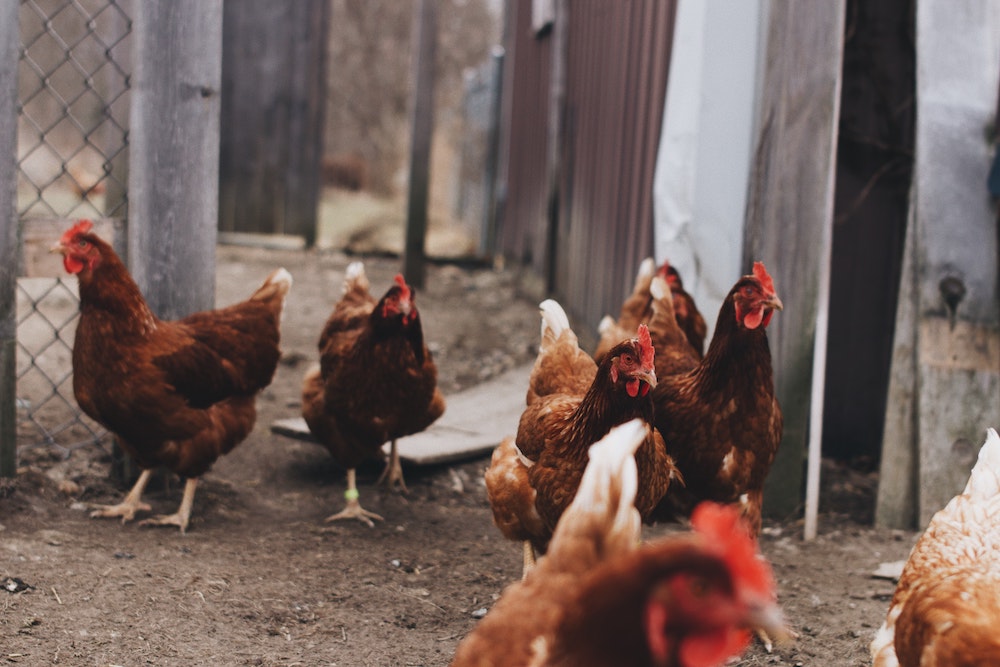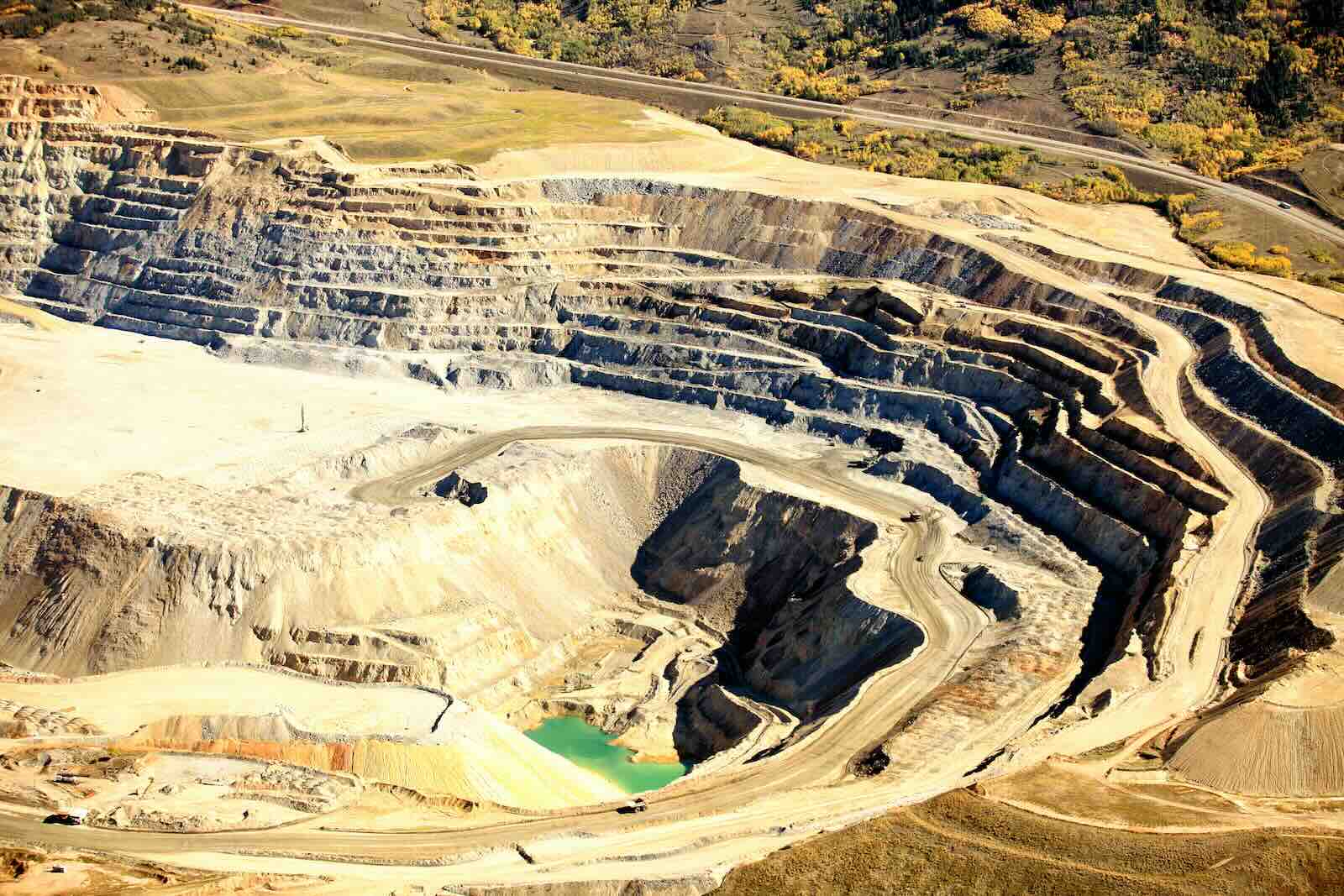Greetings, Agents of Impact!
Signals: Ahead of the Curve
‘Pandemic risk’ spurs investors to press food producers for change. Factory closures. COVID hotspots. Worker lawsuits. Investors in the world’s largest meat, fish and dairy companies were unprepared for factory farming’s vulnerability to zoonotic, or animal-born, pandemics. Now they’re moving to mitigate their exposure to, and culpability for, such risks in the future. FAIRR, a $25 trillion investor coalition addressing issues in protein supply chains, is engaging eight meat producers from the U.S., U.K., Brazil, China and Japan to improve management practices and protect returns. An indicator of the depth of the problem: Tyson Foods ordered employees to report for work while supervisors placed bets on how many workers would contract COVID, according to a lawsuit. (More than 1,000 workers at Tyson’s Waterloo, Iowa plant have tested positive.) CalPERS, CalSTRS, Nordea Asset Management, UBS and other institutional investors are responding to the updated Coller FAIRR Protein Producer Index, which graded three-quarters (44 of 60) animal protein firms as “high-risk” on pandemic-related criteria. The multi-year initiative will work with the companies to improve worker safety, food safety, animal welfare and antibiotic stewardship.
- Diversifying proteins. “We’ve seen a huge shift of interest from investors to really understanding the environmental and social risk associated with producing animals for food,” FAIRR’s Maria Lettini told ImpactAlpha. That shift is spurring the growth of plant-based proteins and meat alternatives, like those from Beyond Meat and Impossible Foods. Much early-stage innovation is still too early for many institutional investors. Lettini says large investors are playing the sustainable protein trend by backing legacy meat companies that are diversifying their sources of proteins. FAIRR ranks Canada’s Maple Leaf Foods and Brazil’s Marfrig among the leaders. Says Lettini, “Where you get protein actually matters now.”
- Over-exposure. Shares of U.S.-based Tyson, Sanderson Farms and Pilgrim’s Pride Corp., as well as Brazil’s JBS SA and BRF SA all fell at least 30% between January and July 31. BlackRock, Capital Group and Vanguard are the largest of 3,000 shareholders in the 35 biggest meat and dairy corporations, as of April, according to Feedback Global. BNP Paribas, Barclays and JPMorgan Chase are the largest creditors among 200 banks that have provided $167 billion to those companies. “A lack of awareness of these risks poses a threat to profits, our planet and the population,” says Fidelity International’s Jenn-Hui Tan. “A transition to a more sustainable food system is more urgent than ever.”
- Share this post.
Boldface names on vaccines, racial justice and climate action. The New York Times’ Andrew Ross Sorkin hosted Dr. Anthony Fauci, Bill Gates, Jamie Dimon, rapper-activist Killer Mike and other super-influencers in a two-day virtual conference that demonstrated the newfound recognition of the materiality of social and environmental issues to business. “I’m not going to change the divisiveness in this country right now, but I’m going to try as best as I can to get people to realize that we are all in this together,” said Fauci. “We‘ve got to get out of it together.” Other highlights:
- Biotech breakthroughs. Pfizer has been swept up in politics ever since it announced results of its vaccine trials six days after the U.S. presidential election. “The election was always for us an artificial deadline,” said Pfizer CEO Albert Bourla. The company’s decision to develop the vaccine, in partnership with BioNTech, without taking government funding, was an effort to insulate the effort from politics, he said. (The Trump administration, through its Operation Warp Speed, guaranteed a $1.95 billion purchase of Pfizer’s vaccines.) “The first consideration in my mind was to follow all the processes scientifically and ethically, so once we have the results, it will be indisputable. And this is what we did.” The Gates Foundation invested $55 million in BioNTech’s “messenger RNA” technology and has helped catalyze vaccine development and production more broadly (see, “Gates Foundation’s role in Pfizer’s promising COVID vaccine is part of a strategy, not a conspiracy”). Of the conspiracy theories, Gates said: “I hope it fades away, because we’re just trying to play a constructive role. You don’t just want to use market-based pricing, you want all of humanity collaborating together. And we’re helping to facilitate that.”
- When Black communities suffer, America suffers. Food and education deserts persist for more than half of Black Americans, said Killer Mike. “If we do not do something to change that narrative, our country is going to be the biggest, strongest, mightiest giant with a torn Achilles heel. I want to see a targeted investment in communities.” Vista Equity Partners’ Robert Smith advocated for modernized banking to reach Black communities. Smith addressed his $139 million settlement with the Justice Department to avoid prosecution for tax avoidance. “In order for me to focus on the problems of the present, I need to resolve the issues of the past, and the settlement offered me that ability to do so,” he said. “I’ve made right with the government, and now I’m absolutely committed to continuing my important work.”
- Climate turnabout. JPMorgan Chase, the world’s largest fossil fuel funder, is getting on board with climate action (see, “JPMorgan Chase will align financing strategy with Paris Agreement”). “We need a carbon tax. We need good government policy,” said the bank’s Jamie Dimon. “You cannot solve the problem in the United States alone. We have a common interest with China, India to fix this problem, and the things we can do with technology that can help.”
- Share this post.
Dealflow: Follow the Money
Aavishkaar, Circulate Capital back waste management venture Nepra. Nepra Resource Management, based in Ahmedabad, India, collects and recycles dry municipal waste that would otherwise end up in landfills. The eight-year-old company is powered by 1,700 informal “waste pickers,” who are getting steady pay and a pathway into the formal economy. Nepra, which started out processing 400 tons of waste per year, now handles 500 tons per day, across three cities.
- Investment + exit. Existing investor Aavishkaar backed Nepra’s $18 million Series C round; Circulate’s participation gives Aavishkaar a partial exit. Aavishkaar first backed Nepra in 2013 and re-upped in the company’s $6.5 million round in 2018.
- More.
Republic acquires rival NextSeed as crowdfunding platforms consolidate. New York-based Republic acquired NextSeed, a debt-based crowdfunding platform focusing on “Main Street” businesses, such as restaurants. Republic helps startups run campaigns on its platform and raise up to $1 million (soon to be $5 million under new equity crowdfunding rules) from unaccredited investors. NextSeed, based in Houston, has helped raise $20 million for 75 local businesses, three-quarters of which are led by women and people of color (see, “Equity crowdfunding changes who gets financed”). NextSeed’s Youngro Lee will join Republic as COO.
Lombard Odier looks for alpha in the ‘regenerative power of nature.’ The Swiss wealth manager’s $400 million Natural Capital Fund will invest in small and mid-size public companies with “circular, lean, inclusive and clean” business models. “Nature is the most productive asset of our economy,” the firm said. “Our linear take-make-waste economic model is now dangerously depleting this most productive asset, despite its regenerative nature.” The fund will invest in up to 50 companies cutting industrial waste and supporting responsible consumption and resource efficiency, Bloomberg reports.
German’s Commerz Real launches alternatives impact fund. The asset manager’s open-ended Klimavest fund will invest in renewable energy, sustainable infrastructure, green mobility and forestry projects. Two-thirds of Germans want more sustainable and impact investing options, the firm found in a survey. Commerz’s long-term target: €25 billion in sustainable real assets investments over 50 years.
Center for Black Innovation lands $2.1 million to promote Black entrepreneurship. The Knight Foundation committed $1.5 million to support the Miami-based nonprofit that backs Black entrepreneurs. The Surdna Foundation and Comcast NBCUniversal added $350,000 and $250,000, respectively. The Center will focus on investor education and research to help Black founders overcome challenges in getting access to capital.
Agents of Impact: Follow the Talent
The 2020 Moskowitz Prize, now hosted by Northwestern’s Kellogg School of Management, was awarded to London Business School’s Lakshmi Naaraayanan and Varun Sharma and Rice University’s Kunal Sachdeva for their paper, “The Real Effect of Environmental Activist Investing,” which showed the influence of shareholder engagement on corporate behavior… Johanna Lasker is promoted to CEO of BNP Paribas Asset Management USA and Amanda Raynor to deputy CEO… Eloy Lindeijer, ex- of the Netherland’s PGGM, joins the board of The Global Impact Investing Network… The GIIN is looking for a market building manager in New York… As You Sow released ratings for corporations on racial justice policies and workplace equity disclosures… The Caterpillar Foundation’s Asha Varghese and The Gates Foundation’s Jenny Frankel-Reed will speak at Impact.Engineered, hosted by the American Society of Mechanical Engineers and Engineering for Change, Dec. 3-4.
Thank you for reading.
– Nov. 19, 2020











